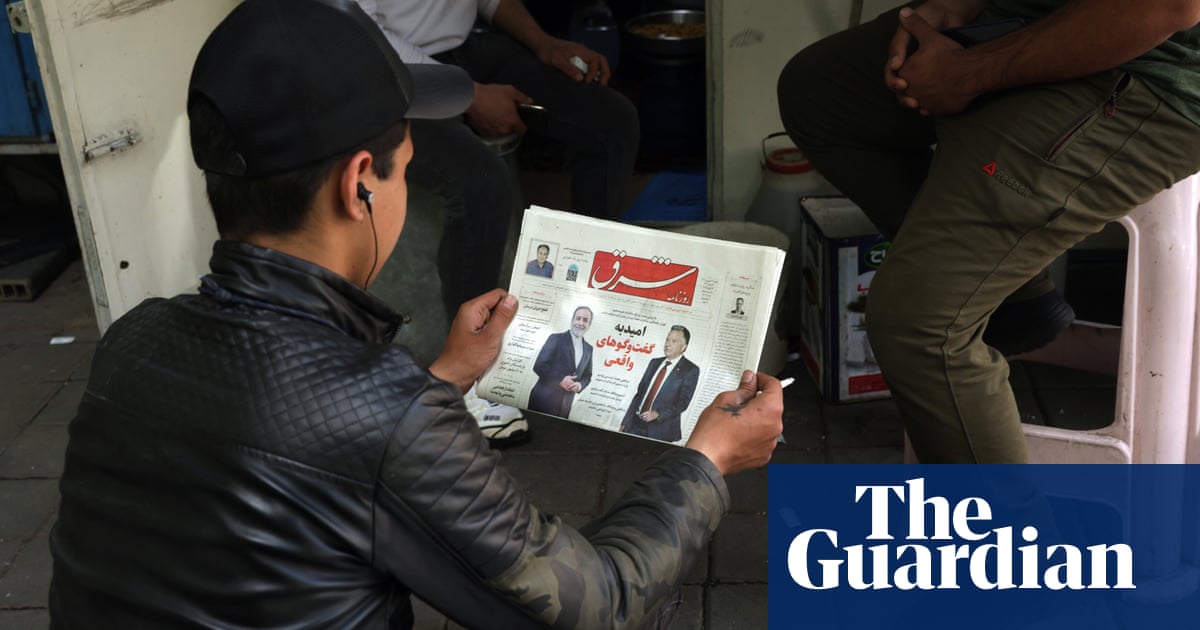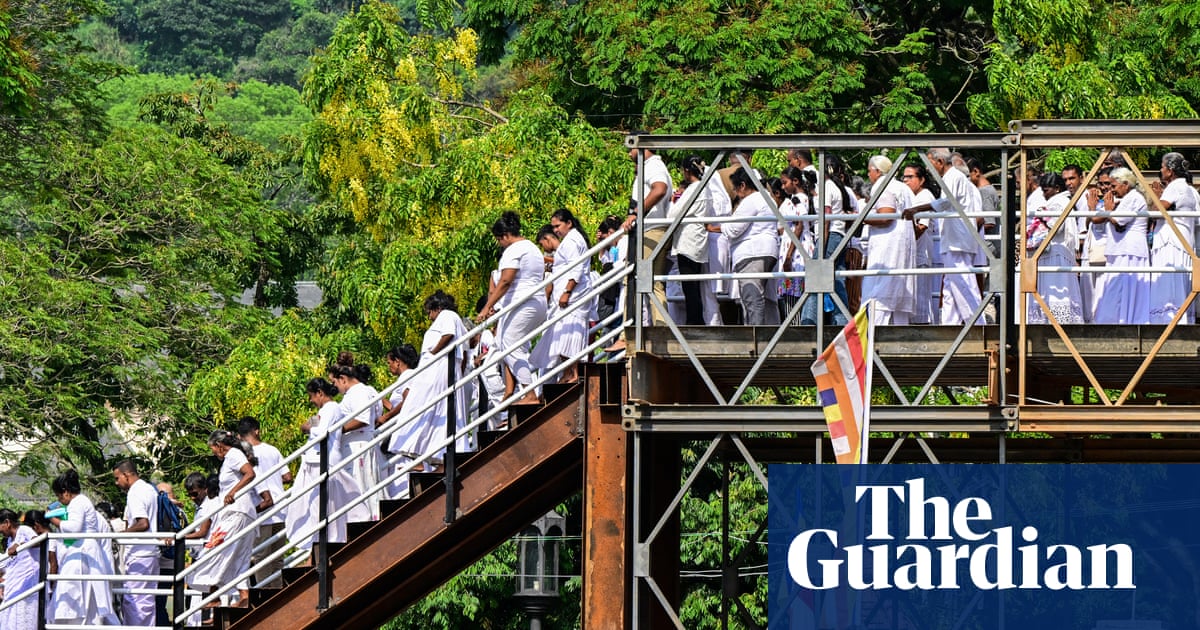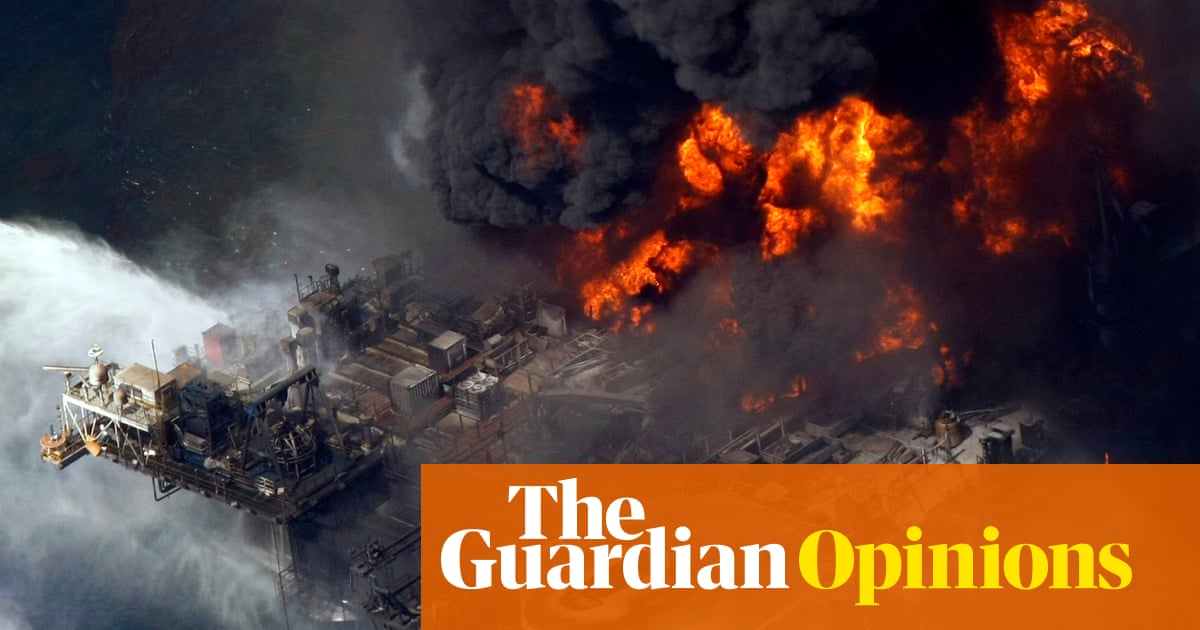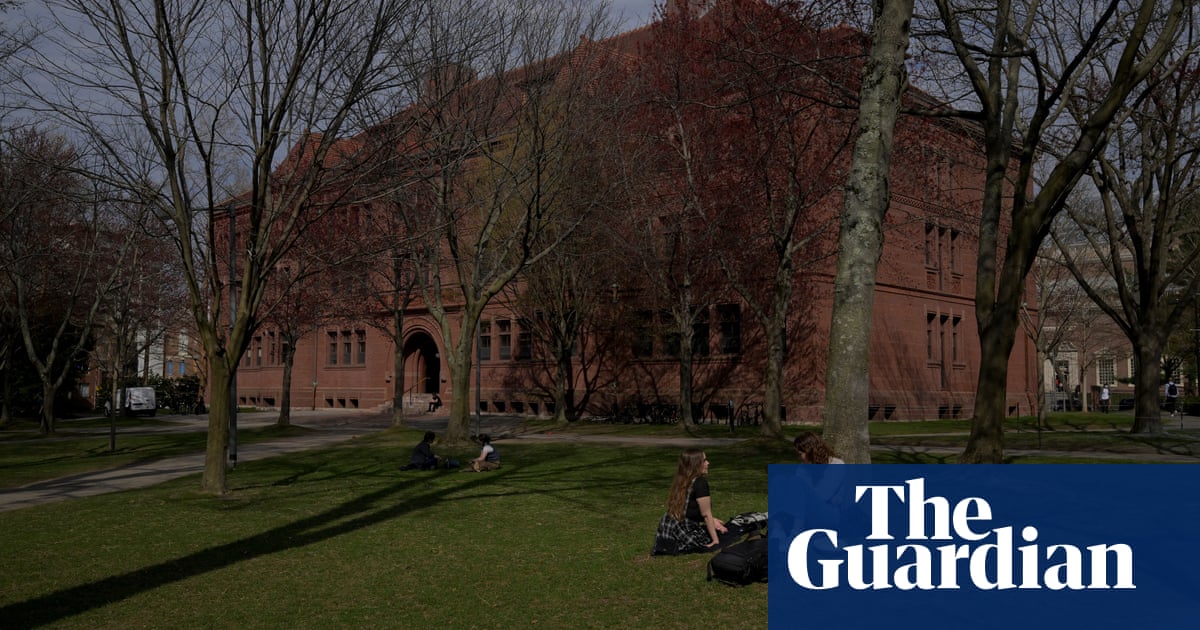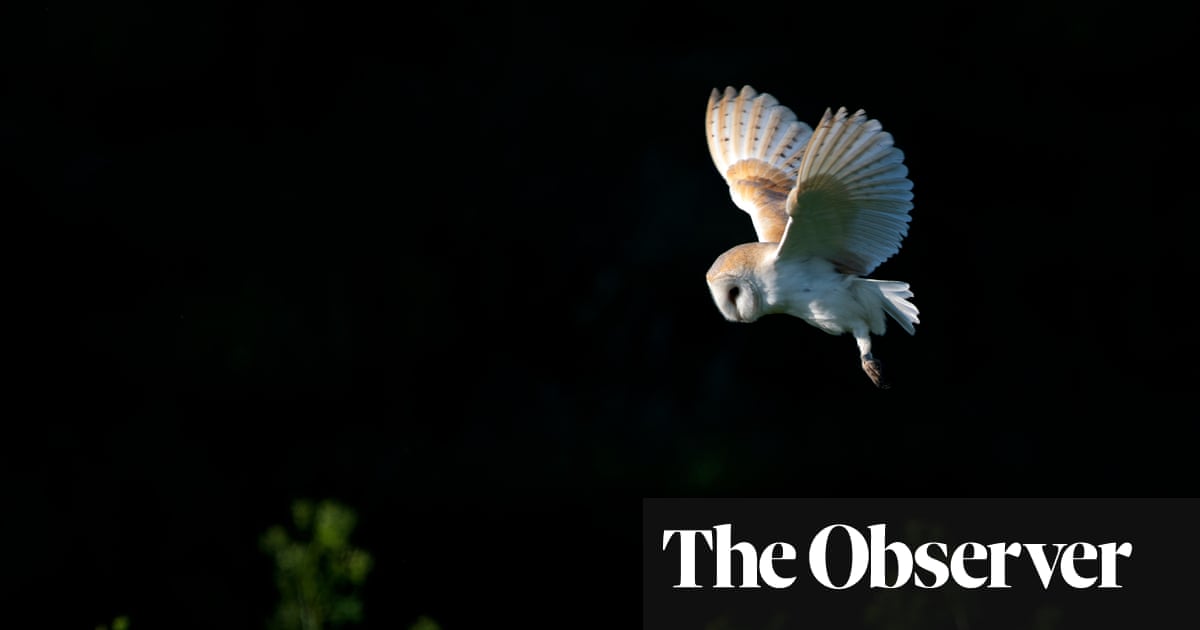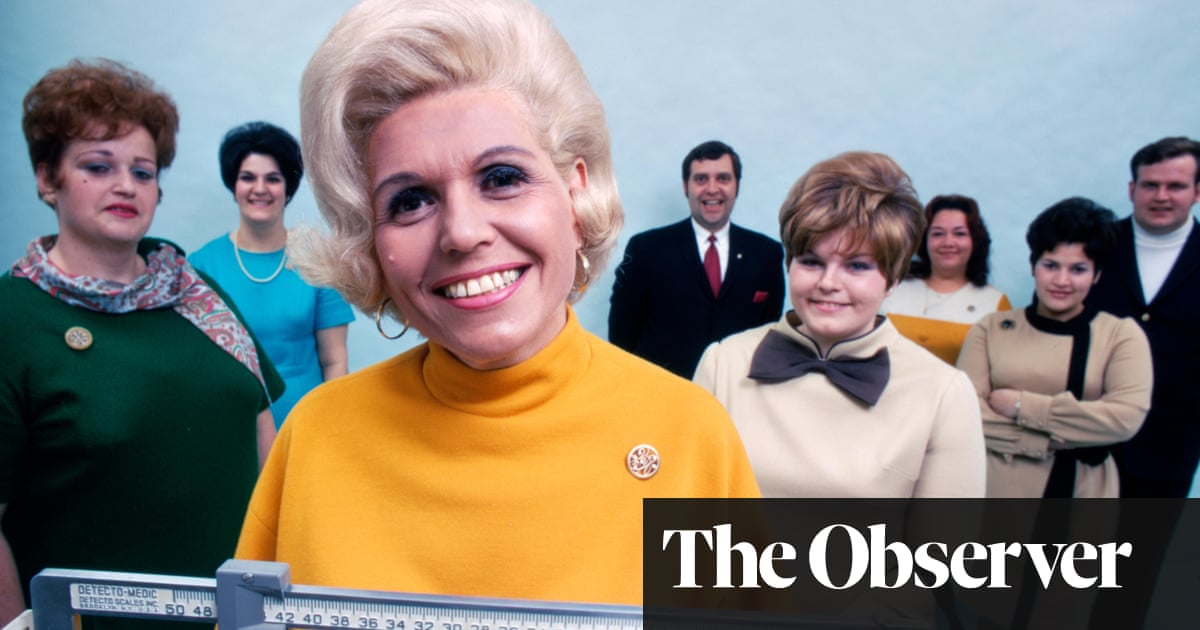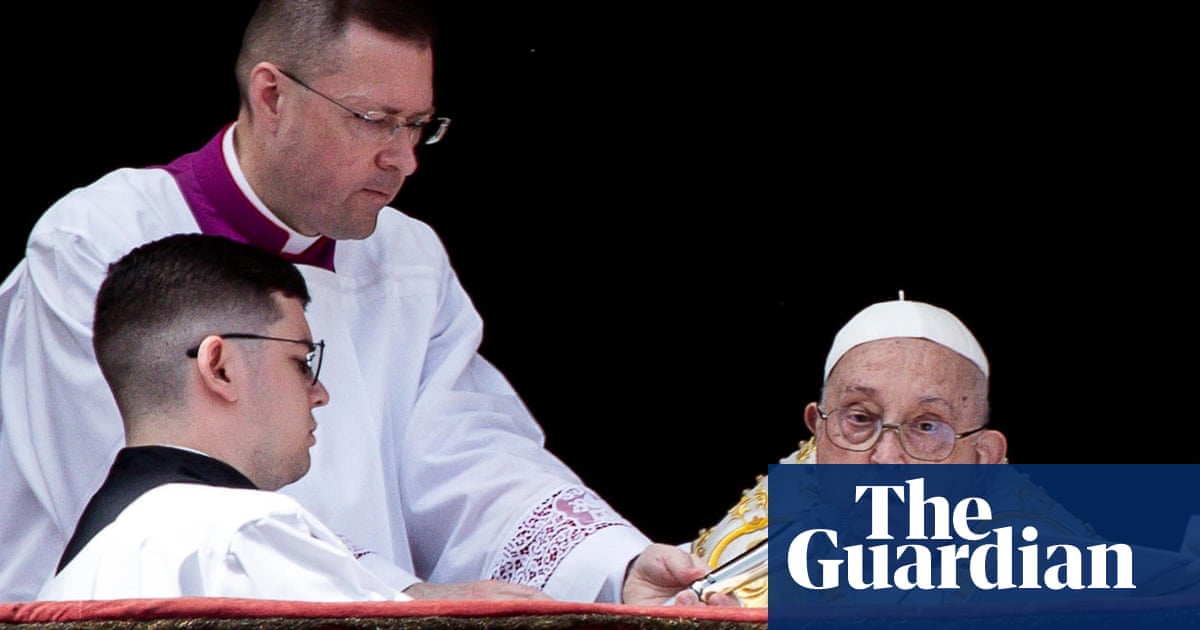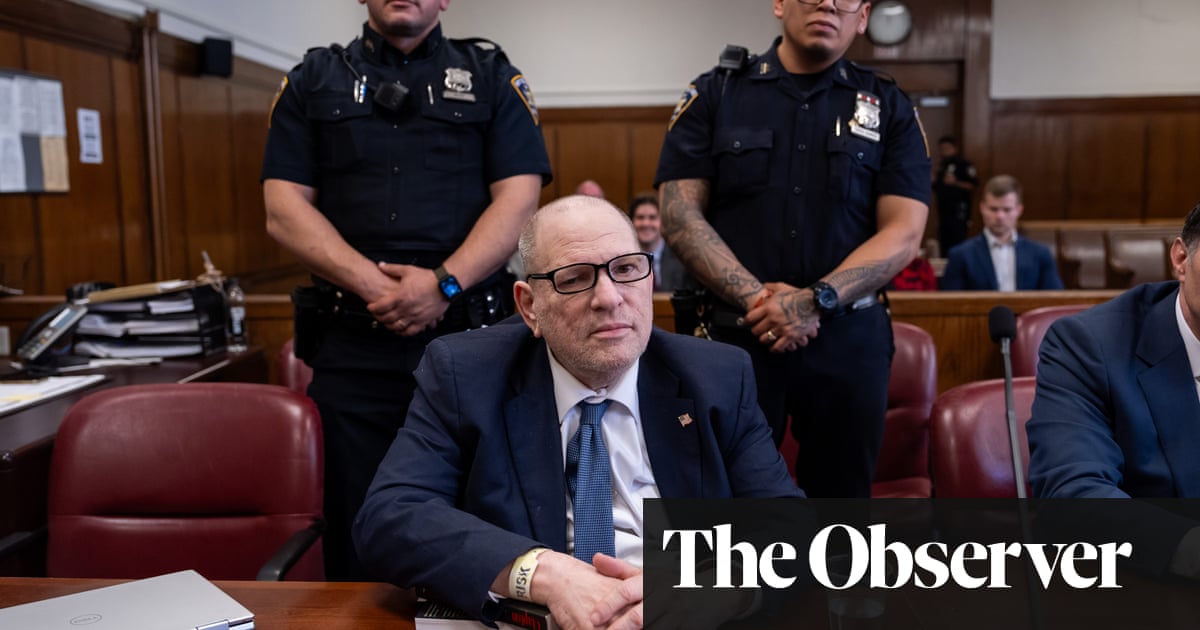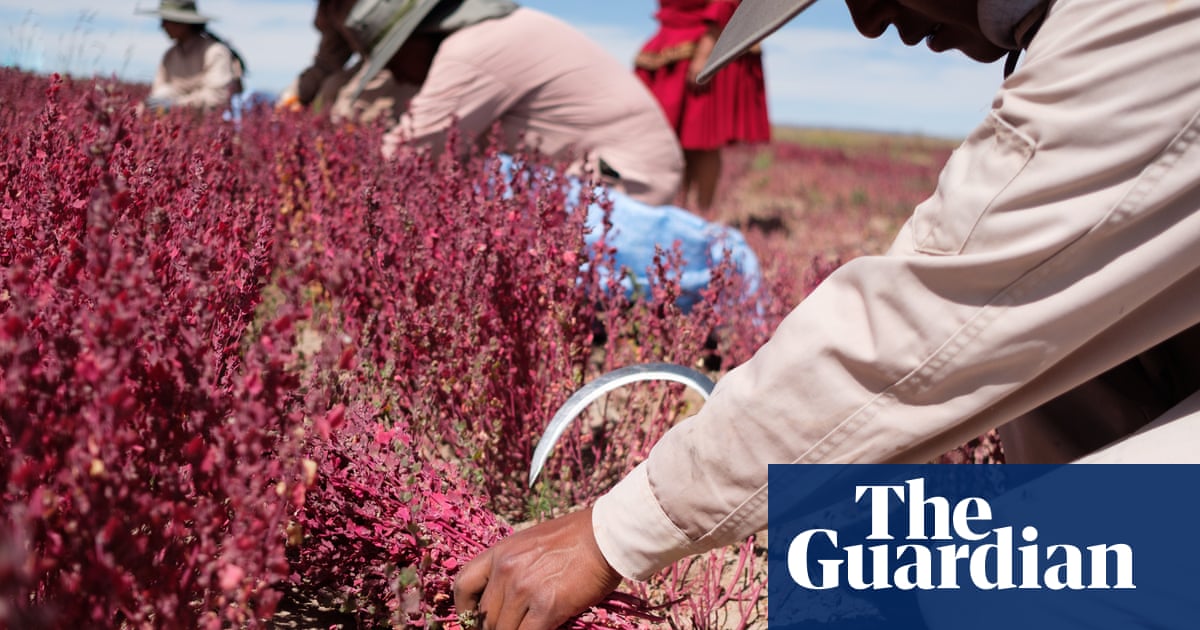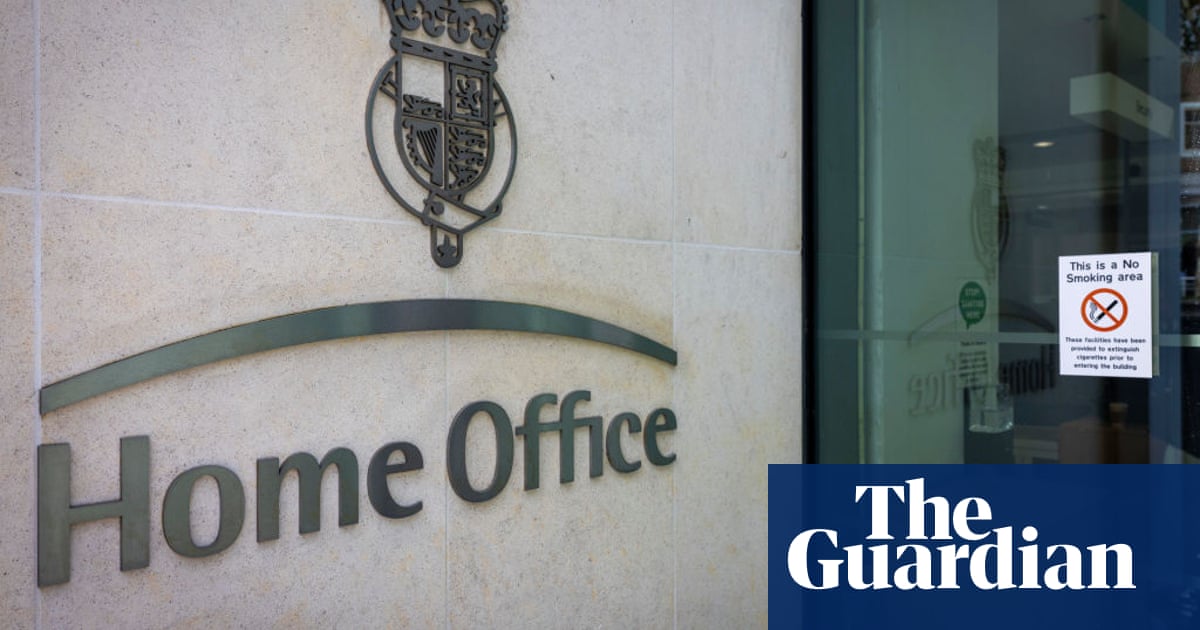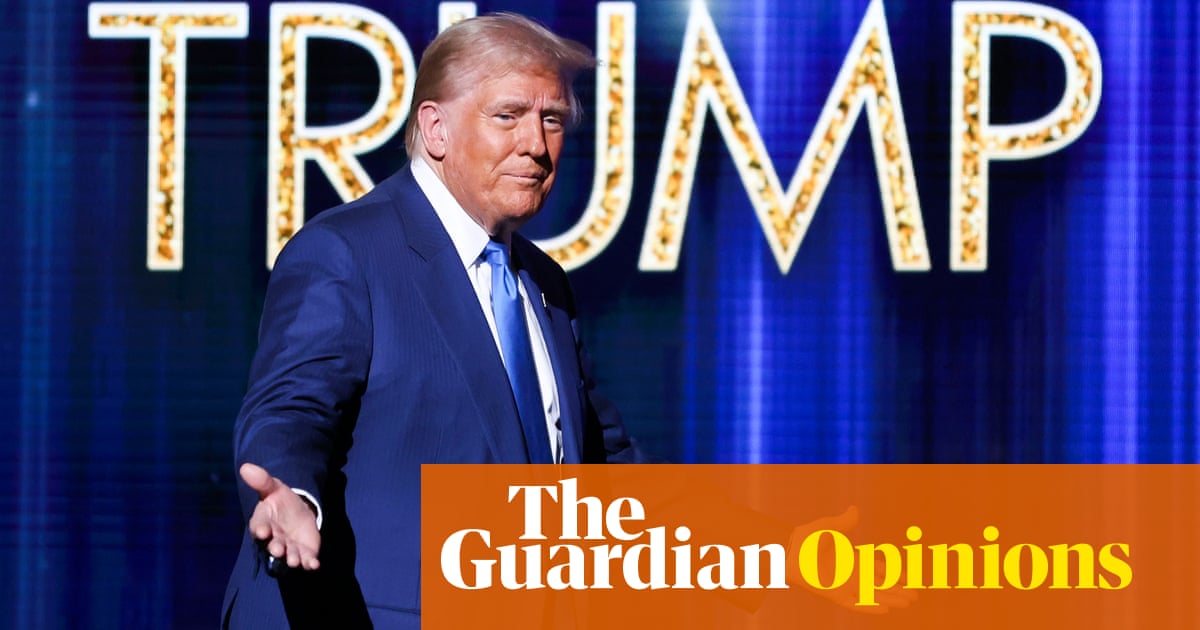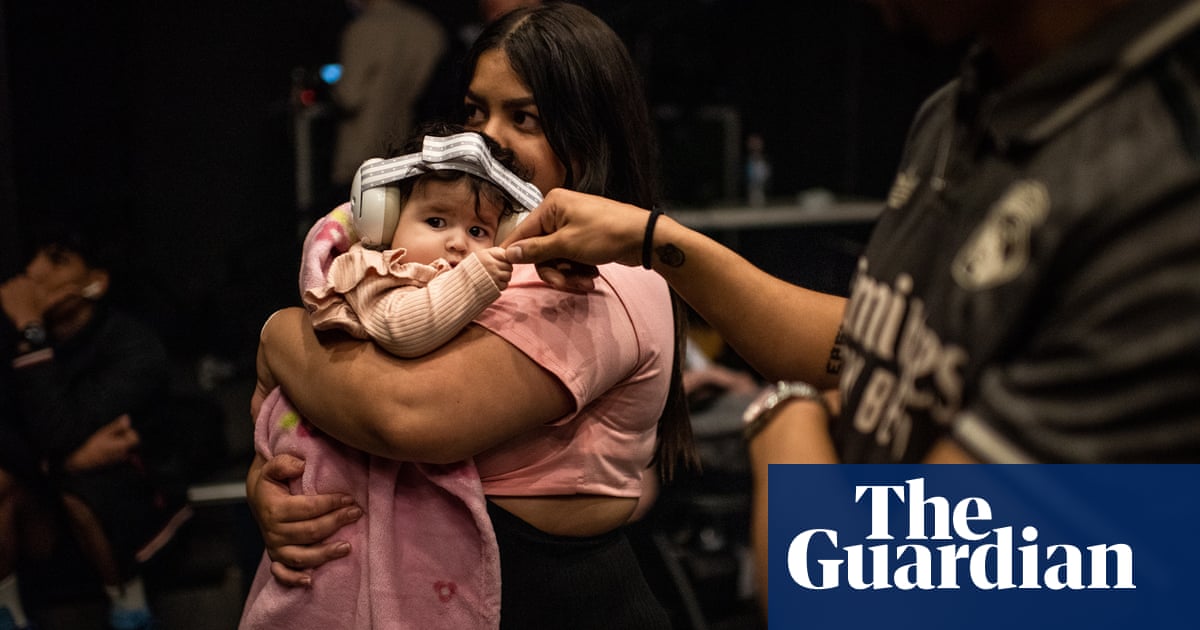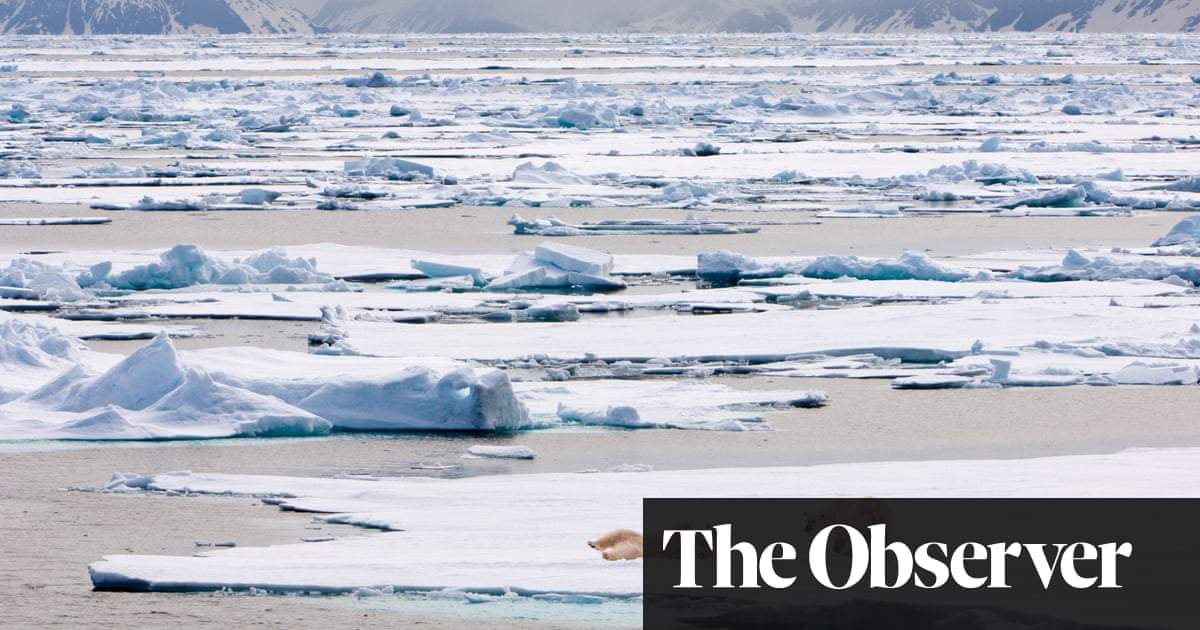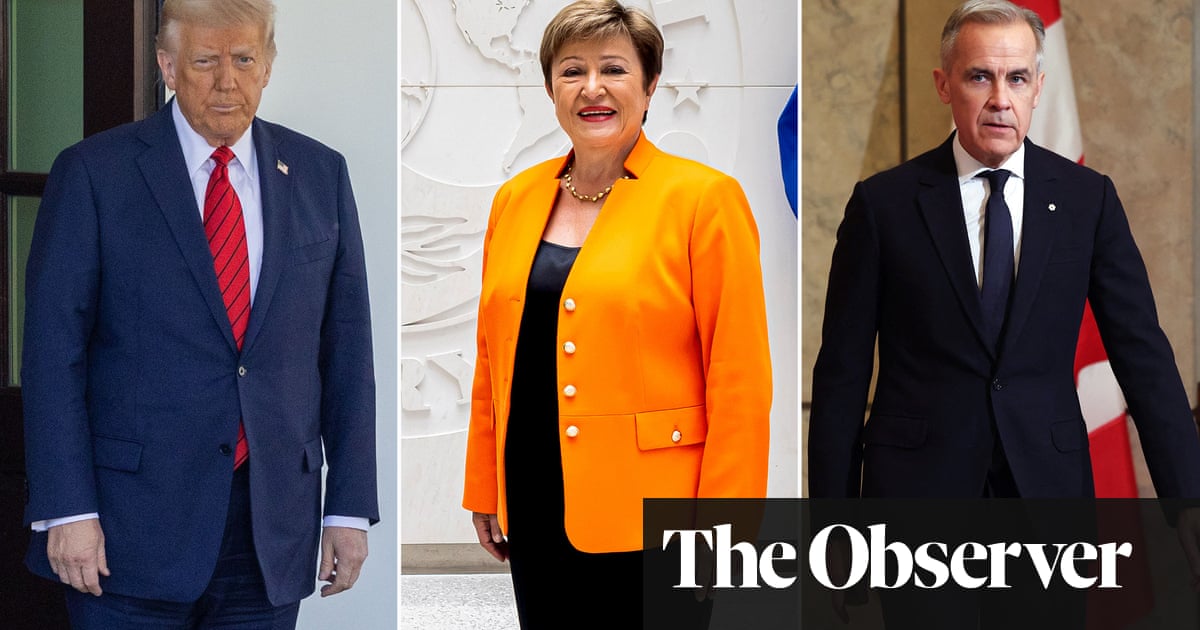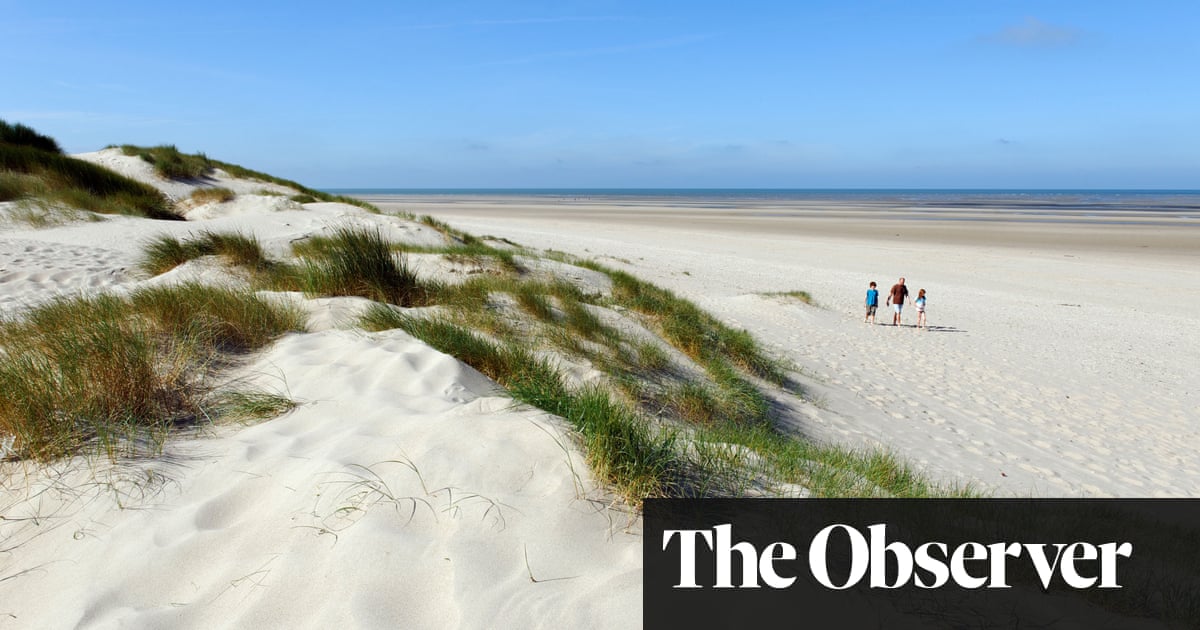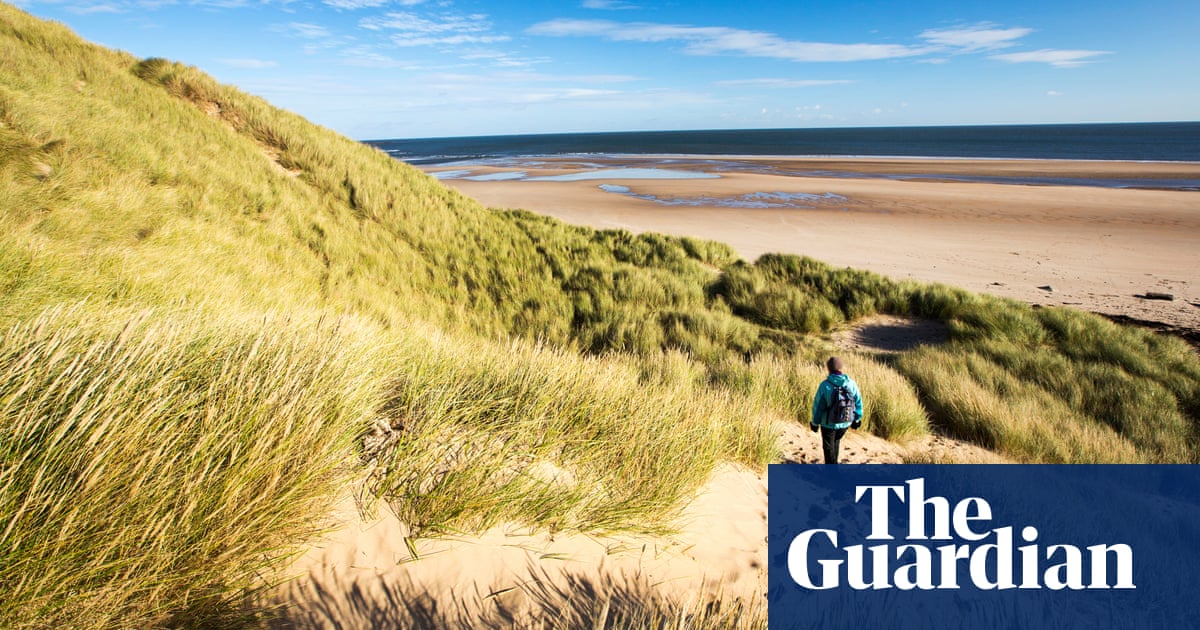‘I’m definitely feeling much better,” Andrey Rublev says as, with disarming honesty, he offers fresh insight into his long struggle with depression and physically hurting himself on court. “I’m still not in a place where I would like to be but, finally, I have a base. I have something to step on because, half a year ago, I arrived at the worst moment of my life in terms of how I feel about myself.”
We are talking just days away from the Australian Open and Rublev, the No 9 seed who has reached the quarter-finals in three out of the past four years in Melbourne, is charming, interesting and just a little tortured as he tries to understand the reasons for his psychological complexities in a manner as friendly as it is forensic. He turns a sports interview into a free-flowing conversation in which he is not afraid to share revealing personal truths.
The 27-year-old has spent more than 220 weeks of his career in the world’s top 10. He has also reached 10 grand slam quarter-finals without making it to the last four of a major. Rublev has come so close, so often, without cracking the mental code he needs to make a breakthrough to the next stage. Most tennis pros in such an intense and tangled scenario would shut down any probing discussions of their mentality. Rublev, instead, leads the way and peppers his analysis with moments that jump out with shocking immediacy.
When did he reach such a low last year? “After Wimbledon,” Rublev says as he remembers his first-round loss to Francisco Comesana, who was then ranked world No 122 and had never won a match on the ATP tour. “That was the worst moment that I face about myself. It was not about tennis. It was to do with myself, like after that moment I don’t see the reason of living life. Like, what for? This sounds a bit too dramatic but the thoughts inside my head were just killing me, creating a lot of anxiety, and I couldn’t handle this any more. I start to have a bit of bipolar. I don’t know if you can say it like that. But the one who made that start is me. Now I feel better. I can see the things that were happening.”
How did Rublev find a way to recover? “Since Wimbledon some things changed,” he says. “I was taking anti-depression tablets and it was not helping at all. In the end I said: ‘I don’t want to take anything any more.’ I stopped all the tablets and Marat Safin [his fellow Russian, who won two grand slam titles] helped me a lot with conversation.
“He made me realise many things and then I start to work with a psychologist. I learn a lot about myself and while I don’t feel in a happy mood or the happy place I would like to be I don’t feel any more that crazy anxiety and stress of not understanding what to do with my life.”
Rublev has great empathy and he makes it clear that each individual case needs to be treated on its own merits. His decision not to take medication would not be right for many others. “You can have everything in life, a healthy family, all the material things, the healthiest relationship but, if there is something happening with yourself that you don’t want to see, you will never be happy. If you find it, and accept it, you will feel better and better.”
Rublev was the only player last year to beat Jannik Sinner and Carlos Alcaraz and he laughs enthusiastically at the reminder. “I’m not going to lie and say I don’t want to win a grand slam. This is the dream and I will do my best to try to do it. But, if I win a slam, would it change my life or compensate? For sure, not.
“It will only give me good relief that, yes, I was doing this since I was a kid and I was able to win one of the most important events. It will not make me more or less happier. Before I felt it would change my life – but it will not change it at all.”

This psychological serenity is unlike the raging anger that Rublev has shown towards himself on court. Countless memes feature the otherwise placid and engaging Russian smashing a racket against his body after he has lost a point.
Last October, during a frustrating defeat by Francisco Cerundolo in the Paris Masters, Rublev yelled at the crowd and, distressingly, slammed his racket against his left knee seven times in a sudden flurry of violence. Each blow was struck with such force that blood soon seeped from his knee. These incidents can resemble public self-harm but, for Rublev, it is often the only way he can uncork his furious emotions. What does he think when he sees clips of himself losing control?
“In the beginning, of course, I was feeling bad, embarrassed, because I’m not that kind of person. It’s not nice to see. Now, understanding more about myself, I’m more relaxed about it. I’m in a much better place. When I see those videos it’s like I was in a previous life. It’s not me any more.”
How does his family feel whenever they see such moments? “Well, that’s a tricky question because, obviously, my family and my parents really care about me. But we never really share our feelings, so it’s not easy to answer. One hundred per cent they love me and I love them – but we never talk about those things. They tell me the most important thing is if I’m happier.”
Rublev is particularly close to Daniil Medvedev, the world No 5, and is the godfather to his compatriot’s daughter. Do they discuss his battle with depression and anger? “We share some things, but very little. I was asking him how he was able to change because, when he was a junior, he was also really, really crazy. But when he was winning and playing major finals super-consistently, he was super calm. Everything comes back to being honest with yourself. When something triggers and makes you emotional, aggressive or stressed, it’s something deep inside you don’t accept. Once you are honest you can start to navigate.”
Last May, Rublev won the Madrid Open, his second ATP Masters 1000 tournament, amid serious health problems. He had lost four matches in a row before arriving in Madrid and an initially undiagnosed throat abscess affected his breathing and swallowing. He was reduced to eating baby food and yet drew on untapped reserves of will and found an uncanny composure while winning six matches to clinch one of his most important titles.
“Madrid saved me,” he says, “because if I did not win I would have dropped out of the top 20. Madrid kept me in the top 10. I got very sick and that sickness made me put all other thoughts to one side. I gave all my energy to playing – and with the rest of the thoughts gone it gave me so much relief. I played much, much better than when I was healthy.”
A few months later Rublev had to have emergency surgery to save a testicle. “One of the many things that I learned from these health problems is that they are often created by emotional problems. That’s why I started to feel much better because I know exactly where it’s coming from.”
Rublev’s warmth and kindness make him one of the most popular players on tour. It was little surprise when he took a clear stance against the Russian invasion of Ukraine in 2022 – and signed a message of “No War” on a television camera. He reiterated that call a year later.
Did he suffer criticism in Russia? “Not at all, because I’m not trying to provoke. My position is very clear. I’m for peace. I don’t want to fight. I don’t want people dying. I want everyone to be healthy. I want everyone to live their lives. We still have many different wars, people dying non-stop, and it’s painful to see. I think most people feel the same as me. So it’s not a bad position for me to take.”

Last year he also ended his contract with Nike and set up his own clothing brand, Rublo, which “is not about clothes” but spreading “equality, kindness, hope”. He wanted all profits to be used to help children with critical illnesses. “Since I was a kid I was travelling a lot to junior tournaments and seeing the world and how different kids are living. So many of them didn’t have the things that I had. It made me think: why are some kids less lucky? It became important to me because kids are super-pure and honest in their energy and attitude. So I wanted to help those who needed it.
“The clothing brand is not a business project and it’s complicated when you want to use it as a charity. Everyone has questions. Why do you want to help? Where does this money come from? I didn’t feel I can trust that the money goes to the right purpose. I wanted it to go directly to the [critical illness] clinics and it became easier to do that once we created my foundation. With a clothing brand you are limited but with the foundation I can do different things and it’s much easier. The foundation is now the main thing.”
Has Rublev found a way to be kinder to himself? “I start to be more balanced because I’m honest with myself. I see my situation more realistically. It’s less dramatic than before so I have a bit healthier relationship with myself. Maybe I’m kinder because I’m more healthy.”
Rublev admits that he can finally be proud of having been a top-10 player for so long. “One year ago I would kind of lie and not give credit for this. Now I would give it credit because I’ve been a bit out of it mentally and I’m still able to perform and finish top 10. I think it’s a credit to myself and I am proud. Hopefully I will play better if I get better mentally.”
He explains that, as he prepares to face qualifier Joao Fonseca in the opening round in Australia with his improved mental health, “I’m super-excited about the season because I feel so much better than half a year ago. I’m excited what it can bring – especially as I now understand how it can affect my tennis.”
As we near the end of this long conversation on a high note I ask Rublev what he might do with his endlessly interesting, if complicated, life 10 years from now.
“Five months ago I would have avoided this question,” he admits. “I would run away and try not to think about it. But now I’m trying to learn how my life will be in 10 years. For the moment, I don’t know. But I’m learning and I would like to know soon.”
Rublev pauses. “In this way,” he says with a little laugh, “I’m also a bit excited.”
In the UK and Ireland, Samaritans can be contacted on freephone 116 123, or email [email protected] or [email protected]. In the US, you can call or text the National Suicide Prevention Lifeline on 988, chat on 988lifeline.org, or text HOME to 741741 to connect with a crisis counselor. In Australia, the crisis support service Lifeline is 13 11 14. Other international helplines can be found at befrienders.org.

 3 months ago
62
3 months ago
62
